A * B * Ċ * C * D * E * F *
Ġ * G * GĦ * H * Ħ * I * J * K *
L * M * N * O * P * Q * R * S *
T * U * V * W * X * Ż * Z *
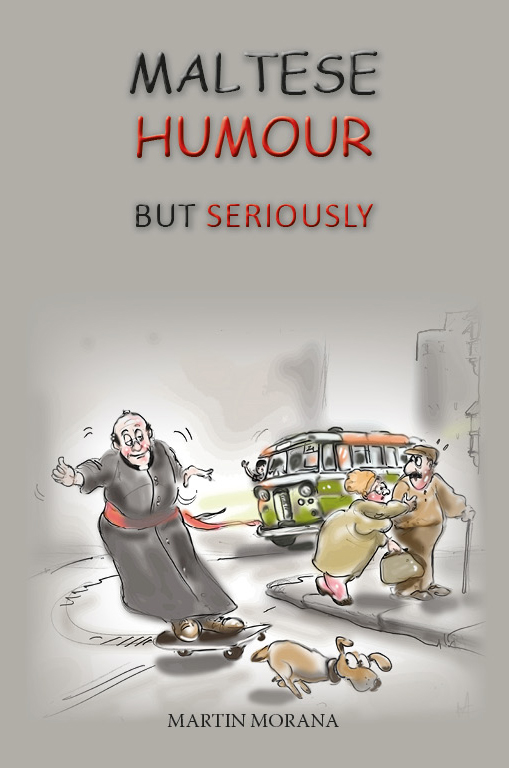 The tradition of the Maltese carnival celebrations goes back hundreds of years, dating to at least the early 15th century. It is unknown, however, how much street revelry went on at that time. From the archives of the Mdina governing council we learn that during the days of carnival patients at the Santo Spirito hospital in Rabat were provided with a more generous ration of food than the usual.
The tradition of the Maltese carnival celebrations goes back hundreds of years, dating to at least the early 15th century. It is unknown, however, how much street revelry went on at that time. From the archives of the Mdina governing council we learn that during the days of carnival patients at the Santo Spirito hospital in Rabat were provided with a more generous ration of food than the usual.
The word carnevale may mean either one of two opposite definitions. Some believe that the word is derived from carne vale, meaning, it was appropriate to eat meat during the days prior to Lent; others are of the opinion that the word is derived from, carne levare, a religious obligation cautioning the faithful to stop eating meat and to abide by the strict fasting rule during Lent. The first explanation is more plausible since justification to eat meat is also implied by two other carnival terms, namely, Giovedi Gras and Martedi when food containing lard, such as meat or fat such as milk were to be consumed during carnival days.
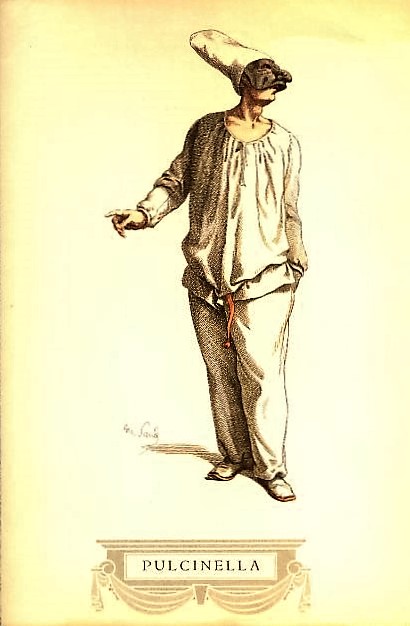
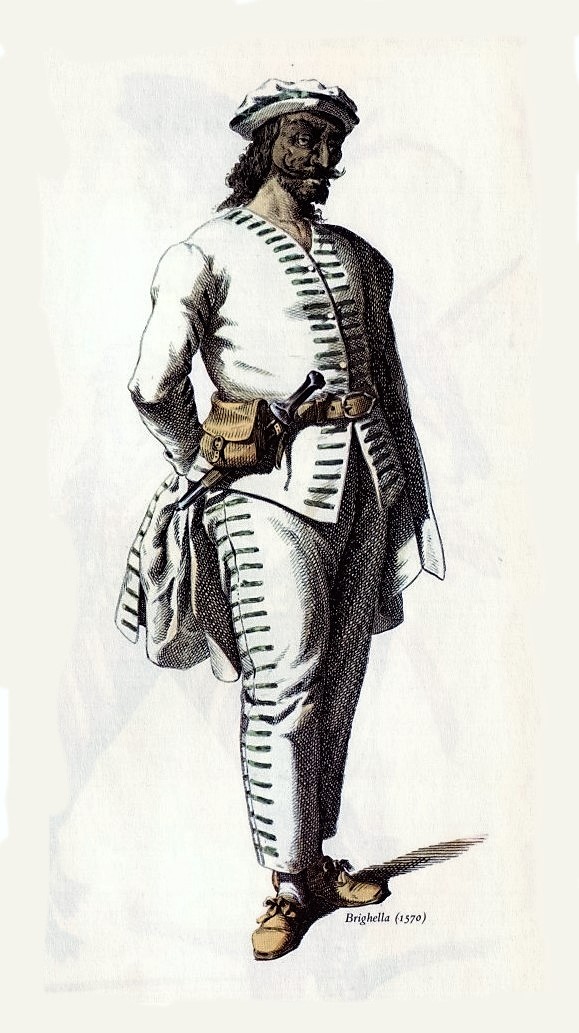
Documents show that a few years after the Order of St John had settled in Malta, as part of the carnival celebrations, the Knights held a jousting tournament in the harbour town of Birgu. One may well visualise the puzzled looks of the Maltese bystanders watching these foreign aristocratic monks duelling each other in a grand mock battle in order to amuse themselves. Surely such spectacle inspired the Maltese bystanders to emulate such carnival buffoonery with their own. Incidentally, it is probable that the term parata (tal-Karnival) originates from such an event; the Italian word parare, means to parry or to ward off (a sword or a lance).
Knights of St John and Maltese alike looked forward to carnival. Following the Bandu by which the Grand Master proclaimed his consent for the carnival festivities to commence on the Saturday prior to Ash Wednesday the crowd roamed the streets, some waving ribbon bands in their hands. However, it was from Sunday morning that the street revelry started in earnest. This merriment continued for three whole days until midnight of the following Tuesday.
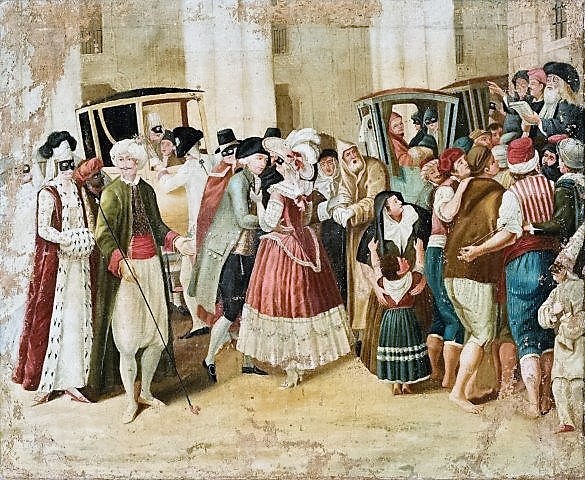
The bandu that was read contained a set of rules to which had to be adhered to under penalty of fines, possibly whipping or even condemnation to rowing on the Order’s galleys. It was forbidden for revellers to carry clubs or other items that might serve as weapons. Merrymakers were not allowed to wear masks after sunset. Women were to wear decent costumes that would not reveal any part of the body above the ankles. Slaves were prohibited from wearing costumes under penalty of a lashing at the pillory.
Carnival has always been very popular, to the extent that whenever the authorities forbade its festivities the population protested vehemently. Such instances occurred during the time of Grand Master Lascaris in the mid-17th century. On this occasion it was the Knights who were most vociferous.
In 1848, the British Governor of Malta, Patrick Stuart called off carnival activities on Sunday, as he thought it was scandalous to display such unruly behaviour on the day of the Lord. However, on that day, many turned up in Valletta’s main square to show their disapproval. Instead of turning up in costume the demonstrators tugged along donkeys, mules and sheep adorned with costumes of sorts. Then at one moment, in anger part of the mob attacked in anger a unit of British soldiers as these were sounding the Retreat in front of the Main Guard in Piazza San Giorgio. Many were arrested and some ended in gaol.
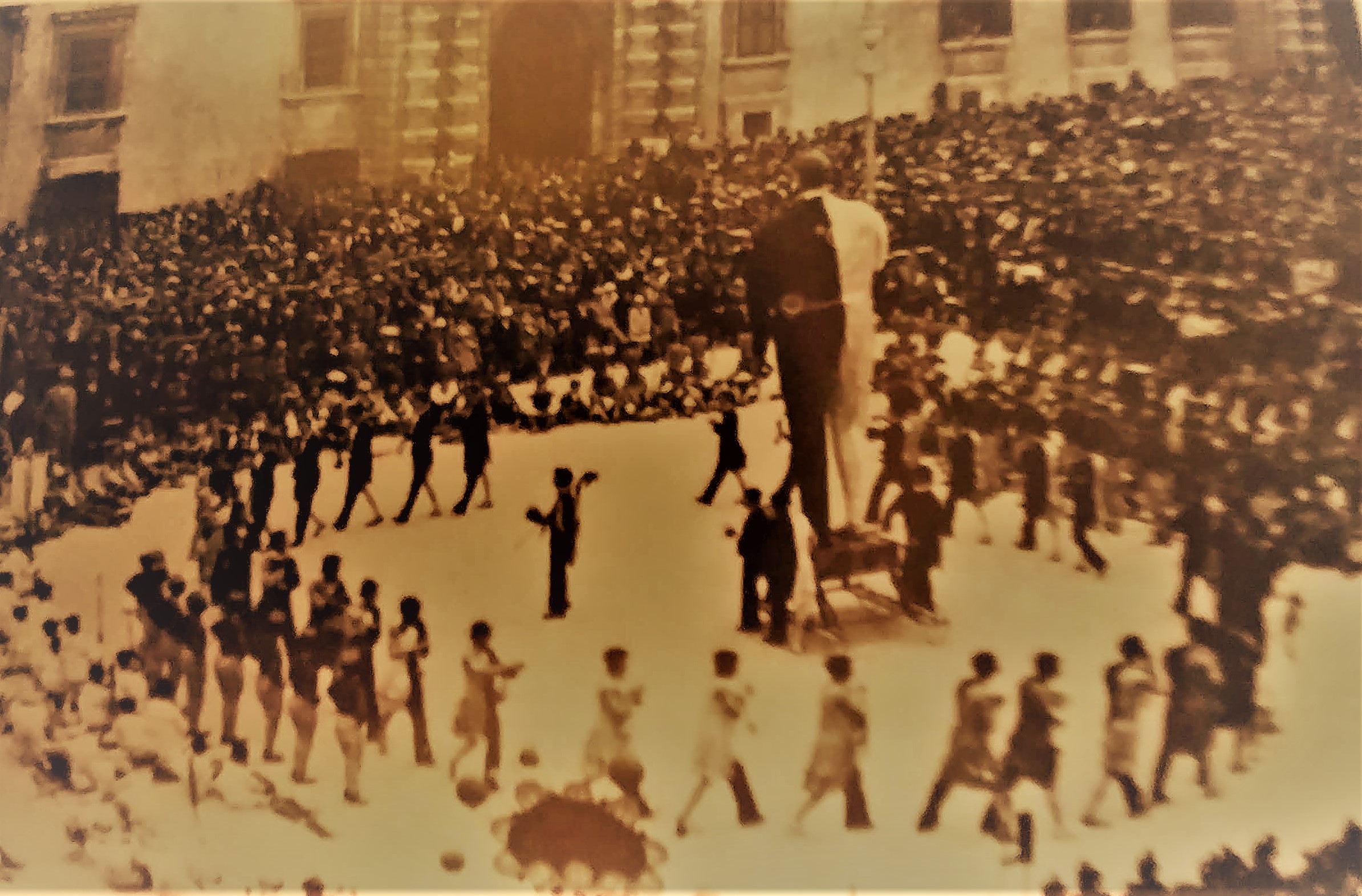
Carnival was to continue being celebrated throughout the British period. As from 1923, during the first term of the autonomous Maltese government, carnival started to be officially organised by an appointed committee. This is when political parties started to parade effigies in papier maché of their political opponents on their floats.
Following a brief lapse throughout the Second World War, when celebrations were discontinued, carnival started to be organised once again in 1947 by a government appointed committee on a national scale.
Nowadays, carnival festivities are enjoyed in various towns and villages, but especially in Valletta, Floriana and Nadur in Gozo. A lesser known but interesting carnival activity is held on Monday evening in Għaxaq where masked individuals eerily roam the narrow streets of the town and then converge onto the town square for a festive gathering organised by the local council.
During the carnival days one can feel a lively and jovial mood in the air as young and not-so-young throw caution to the wind and act in a way which is normally unacceptable to society.
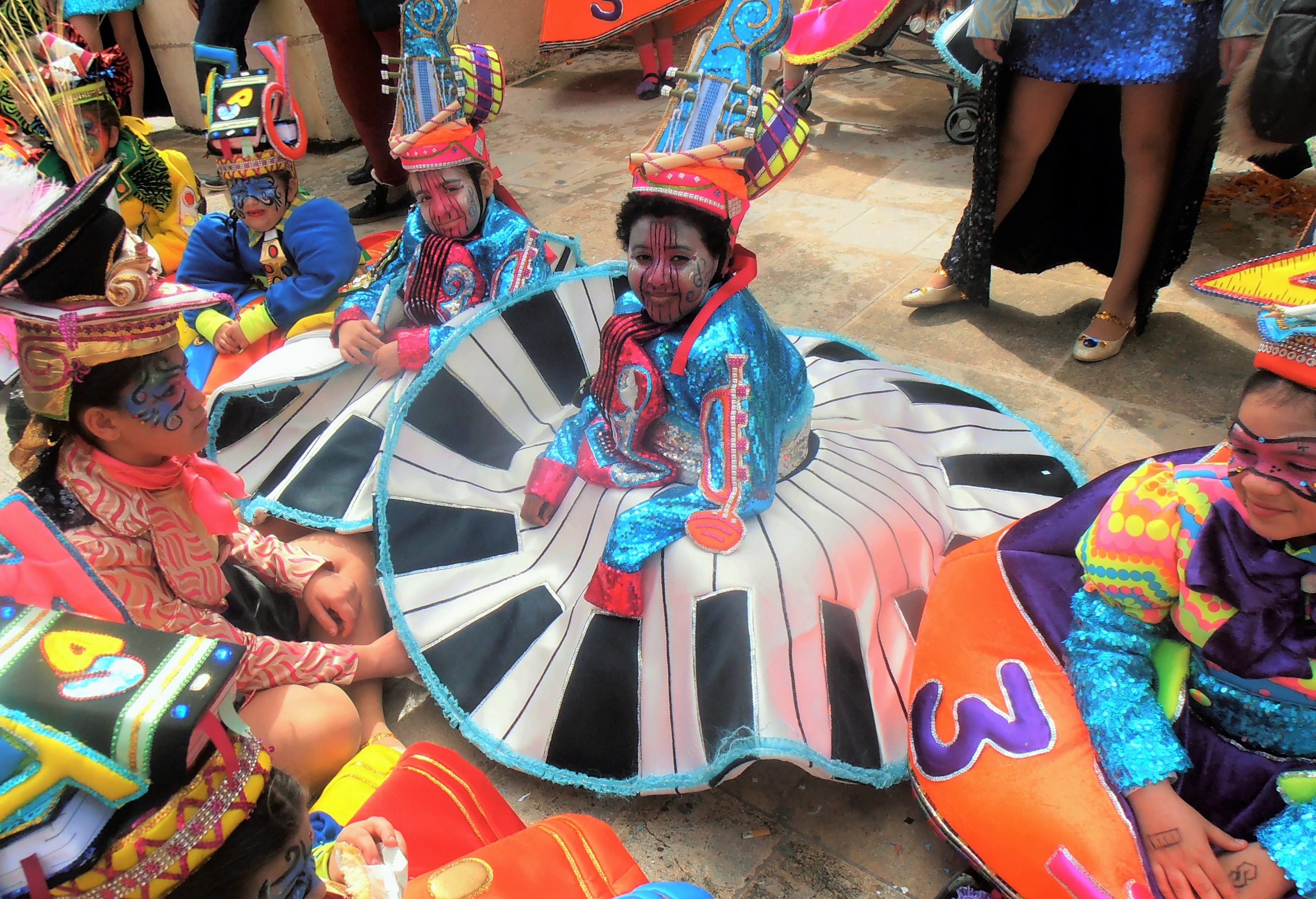
Interesting account on Maltese Humour :
https://sites.google.com/view/maltesehumoursbutseriously/home

This book deals with the story of Maltese humour since Roman times up to present.
The author tackles humour both on the individual level as well as that which was and is presented in the theatre and on screen. The writer draws from many past and present anecdotal episodes and situations to elucidate on the genral state of the Maltese psyche. Humour is a two way style of communication that sizes up the temperament of both the presenter as well as the receiver of humour.
Paperback; paġni: 226. Euro 12.95. Available at bookstores …. If you are in Valletta try Agenda or Meli Bookshops.
Also available in ebook format from Amazon Kindle. Price: $.7.30.


Thanks a lot for your blog about Carnival in Malta.
It is very appropriate in this time to learn about what we will be celebrating in these days
LikeLike